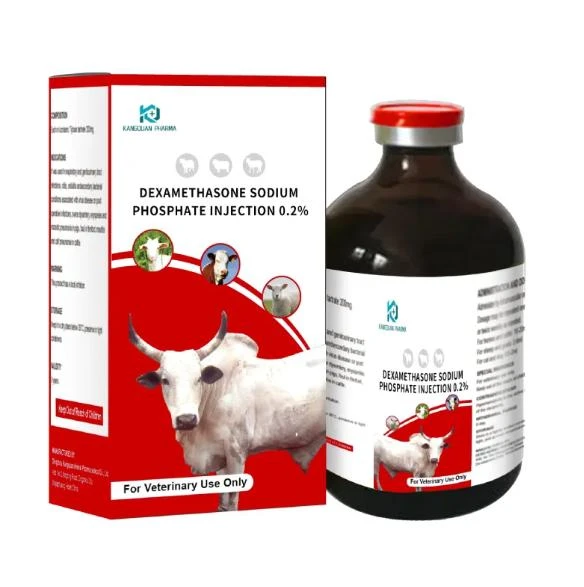- Afrikaans
- Albanian
- Amharic
- Arabic
- Armenian
- Azerbaijani
- Basque
- Belarusian
- Bengali
- Bosnian
- Bulgarian
- Catalan
- Cebuano
- Corsican
- Croatian
- Czech
- Danish
- Dutch
- English
- Esperanto
- Estonian
- Finnish
- French
- Frisian
- Galician
- Georgian
- German
- Greek
- Gujarati
- Haitian Creole
- hausa
- hawaiian
- Hebrew
- Hindi
- Miao
- Hungarian
- Icelandic
- igbo
- Indonesian
- irish
- Italian
- Japanese
- Javanese
- Kannada
- kazakh
- Khmer
- Rwandese
- Korean
- Kurdish
- Kyrgyz
- Lao
- Latin
- Latvian
- Lithuanian
- Luxembourgish
- Macedonian
- Malgashi
- Malay
- Malayalam
- Maltese
- Maori
- Marathi
- Mongolian
- Myanmar
- Nepali
- Norwegian
- Norwegian
- Occitan
- Pashto
- Persian
- Polish
- Portuguese
- Punjabi
- Romanian
- Russian
- Samoan
- Scottish Gaelic
- Serbian
- Sesotho
- Shona
- Sindhi
- Sinhala
- Slovak
- Slovenian
- Somali
- Spanish
- Sundanese
- Swahili
- Swedish
- Tagalog
- Tajik
- Tamil
- Tatar
- Telugu
- Thai
- Turkish
- Turkmen
- Ukrainian
- Urdu
- Uighur
- Uzbek
- Vietnamese
- Welsh
- Bantu
- Yiddish
- Yoruba
- Zulu
Nov . 06, 2024 20:37 Back to list
Effective Solutions for Eliminating Worms in Young Puppies
What Kills Worms in Puppies?
Puppies are the embodiment of cuteness, energy, and curiosity. However, they are also susceptible to various health issues, one of which is the presence of worms. These parasites can cause serious health problems in young dogs if left untreated. Understanding what kills worms in puppies is essential for every pet owner. In this article, we will explore the common types of worms affecting puppies, why they are harmful, and the best methods for treatment and prevention.
Understanding the Common Types of Worms
There are several types of worms that can affect puppies, with the most common being roundworms, hookworms, tapeworms, and whipworms
.1. Roundworms These are the most prevalent type of intestinal worm found in puppies. They can be acquired through the mother’s milk or contaminated drinking water and food. Puppies infected with roundworms may exhibit symptoms like bloating, stunted growth, and a pot-bellied appearance.
2. Hookworms Hookworms can also affect puppies, leading to anemia and nutritional deficiencies. They latch onto the intestinal walls and feed on the dog’s blood, causing lethargy and weakness.
3. Tapeworms Tapeworms usually enter the puppy’s system through ingestion of infected fleas. Symptoms can include weight loss and increased appetite. The segments of the tapeworm may be observed in the puppy's feces, often resembling grains of rice.
4. Whipworms Though less common, whipworms can cause severe gastrointestinal issues, resulting in diarrhea and weight loss. They can survive in the environment for an extended period, making them tricky to manage.
Why Worms are Harmful to Puppies
Worms can severely affect a puppy’s health. They compete for nutrients, leading to malnutrition and impaired growth. Puppies with heavy infestations may experience vomiting, diarrhea, and even intestinal obstruction in severe cases. Moreover, some worms can enter the bloodstream and affect other organs, posing a significant risk to a puppy's overall well-being.
what kills worms in puppies

What Kills Worms in Puppies?
The treatment for worms in puppies varies depending on the type of worm. Fortunately, there are several effective methods for killing these parasites.
1. Veterinary Dewormers The most common and effective way to kill worms is through the use of deworming medications prescribed by a veterinarian. These medications, known as anthelmintics, are specifically designed to target different types of worms. Common dewormers include pyrantel pamoate for roundworms and hookworms, fenbendazole for whipworms and giardia, and praziquantel for tapeworms. The veterinarian will diagnose the infection and recommend the appropriate medication and dosage.
2. Regular Vet Checkups A proactive approach involves regular veterinary checkups. Vets can perform fecal tests to detect the presence of worms and other parasites. Early detection is key to successful treatment and helps prevent severe infestations.
3. Proper Hygiene and Preventive Care Keeping your puppy’s living environment clean is essential for preventing worm infestations. Regularly clean up feces in your yard and keep your puppy away from potentially contaminated areas. In addition, controlling flea infestations with preventive topical treatments will significantly reduce the risk of tapeworm infections.
4. Balanced Diet and Nutrition A strong immune system helps puppies fend off infections. Providing a balanced diet rich in essential vitamins and nutrients can contribute to your puppy's overall health, making them less susceptible to worm infestations.
5. Vaccinations While vaccinations do not directly kill worms, they can help protect against other health issues that can weaken a puppy’s immune system, allowing worms to take hold more easily.
Conclusion
Worms in puppies are a serious concern that can lead to long-term health issues if not addressed promptly. As a responsible pet owner, staying informed about the types of worms that can affect your puppy and the best treatment options available can make a significant difference in their health and happiness. Regular veterinary care, proper hygiene, and a balanced diet go a long way in ensuring your puppy remains worm-free and thrives as they grow. Remember, early detection and treatment are your best allies in the fight against these unwanted parasites.
-
Guide to Oxytetracycline Injection
NewsMar.27,2025
-
Guide to Colistin Sulphate
NewsMar.27,2025
-
Gentamicin Sulfate: Uses, Price, And Key Information
NewsMar.27,2025
-
Enrofloxacin Injection: Uses, Price, And Supplier Information
NewsMar.27,2025
-
Dexamethasone Sodium Phosphate Injection: Uses, Price, And Key Information
NewsMar.27,2025
-
Albendazole Tablet: Uses, Dosage, Cost, And Key Information
NewsMar.27,2025













